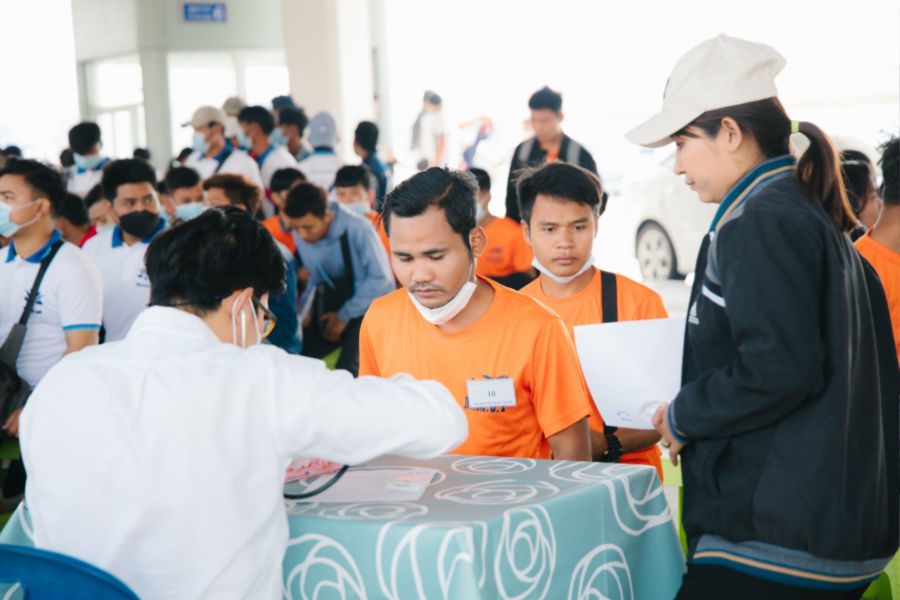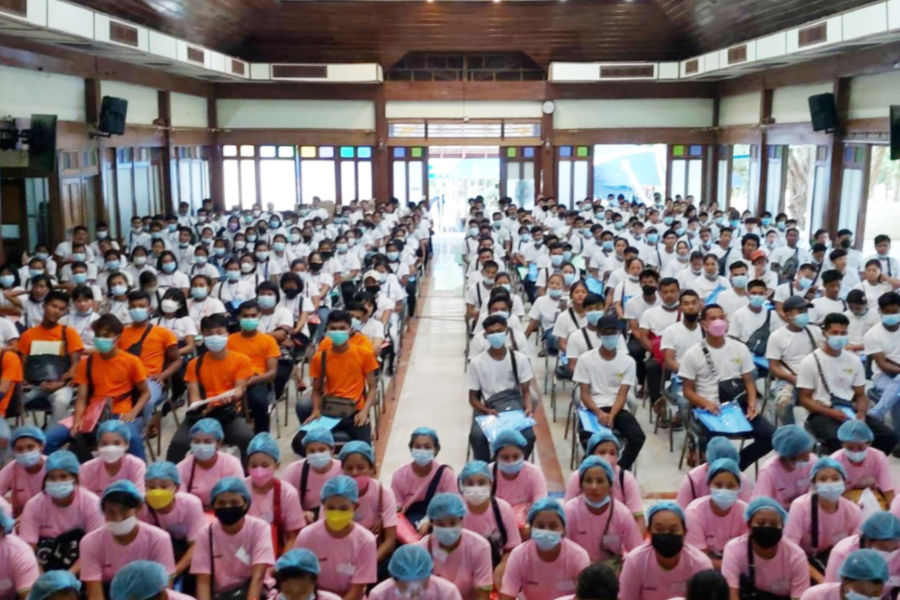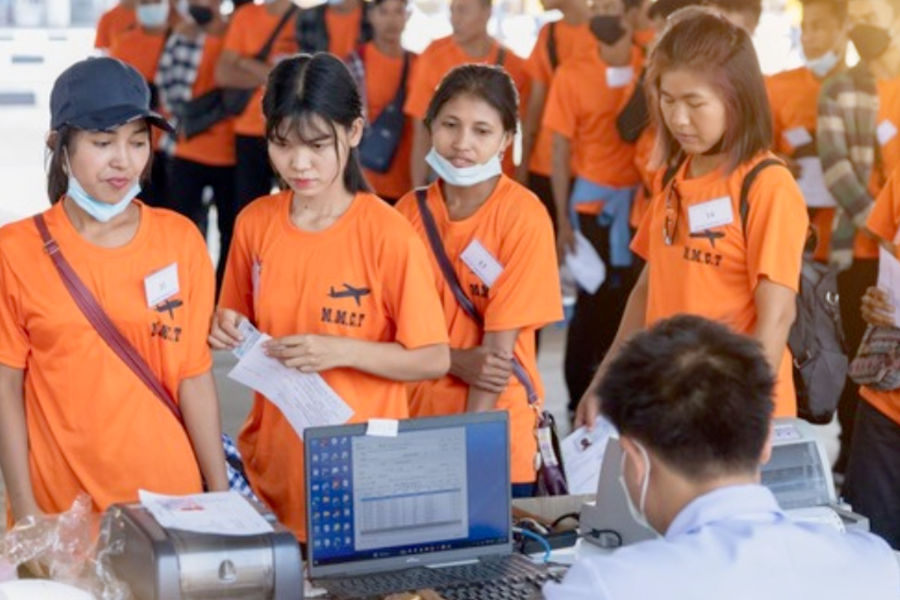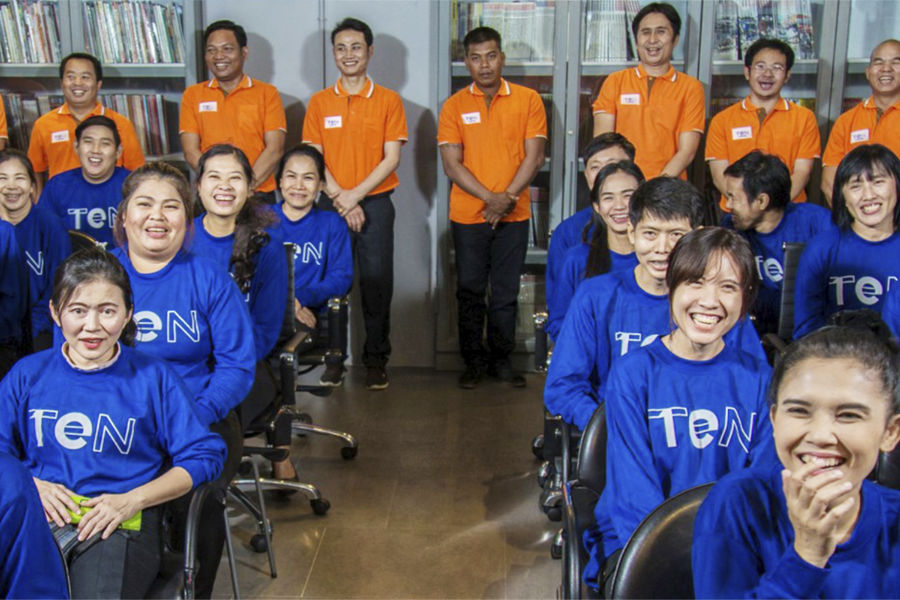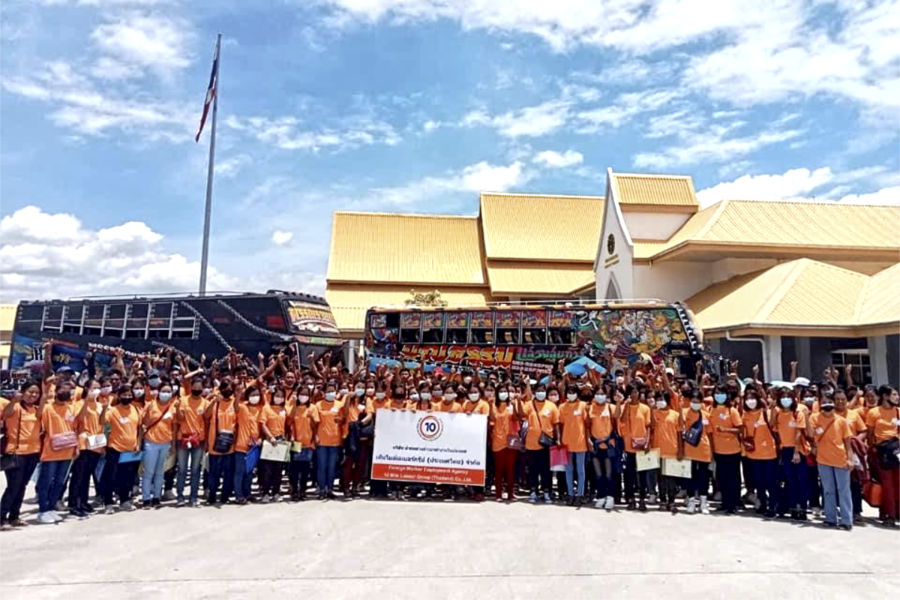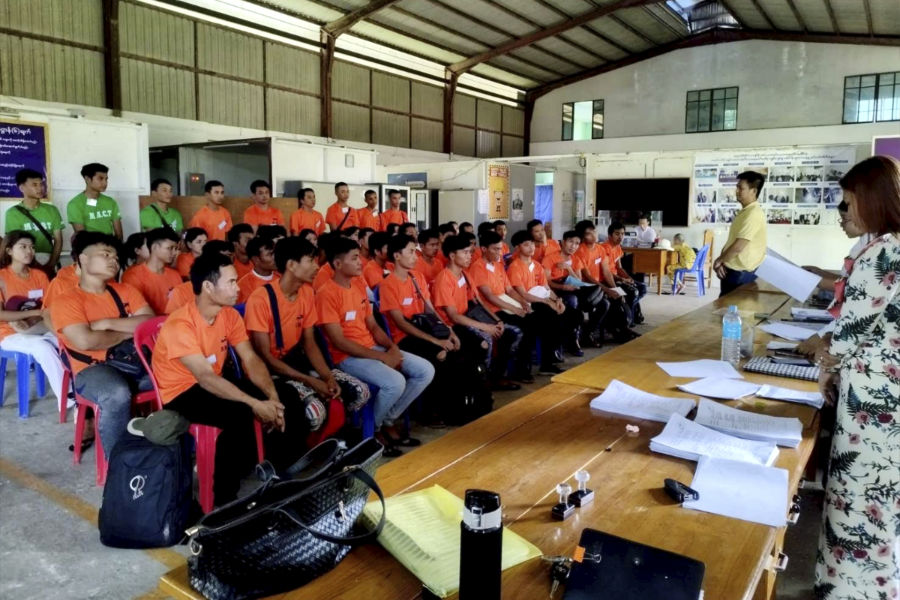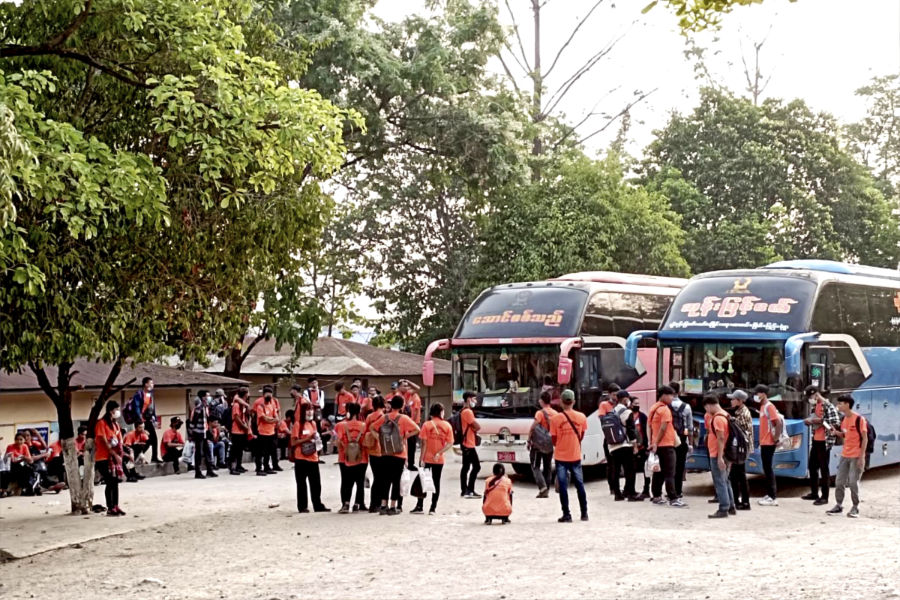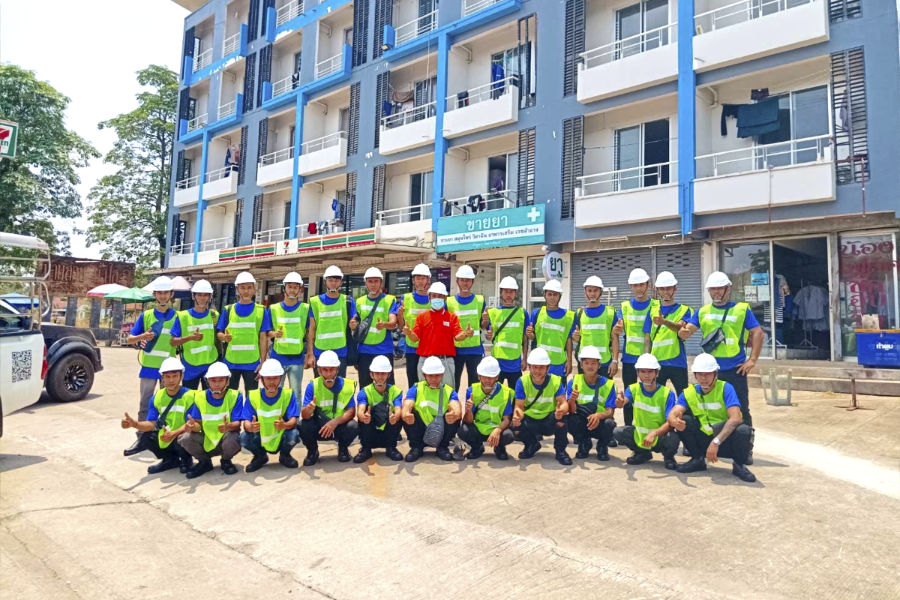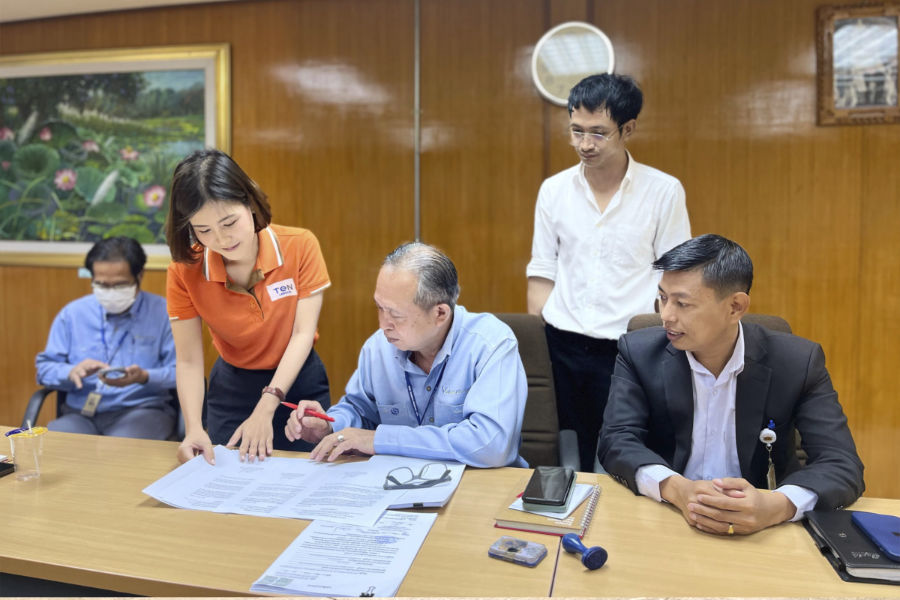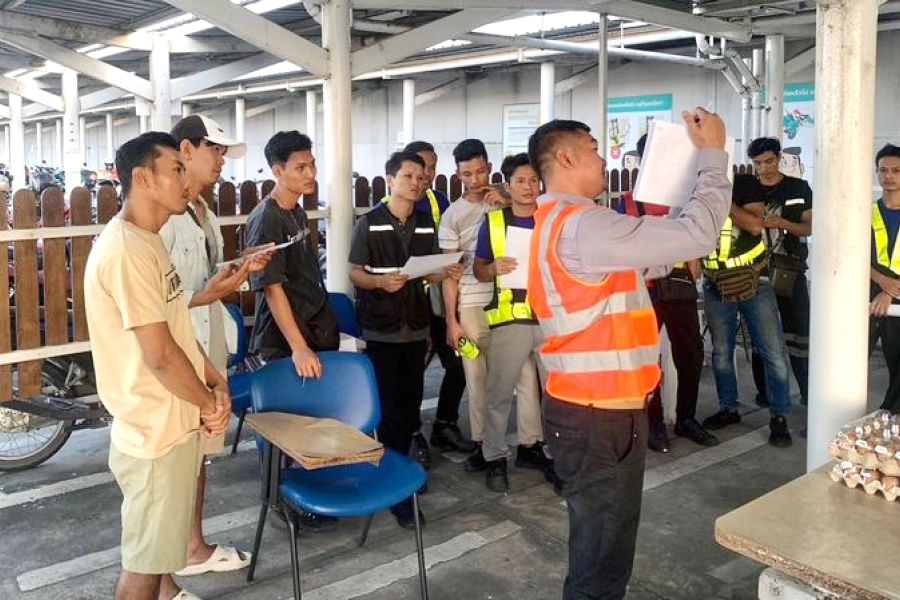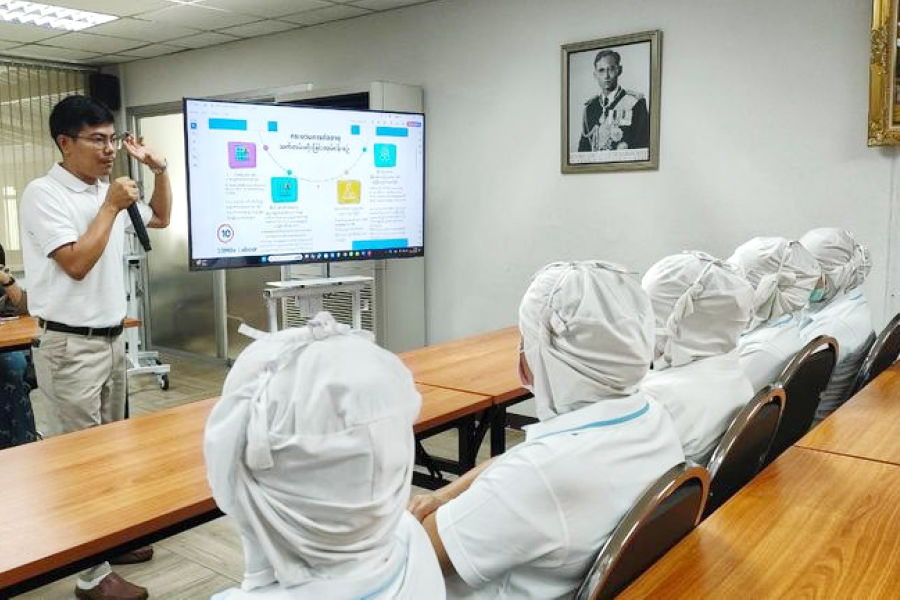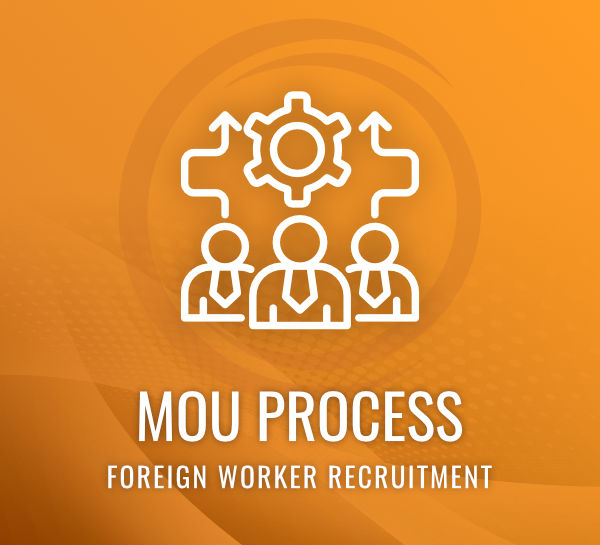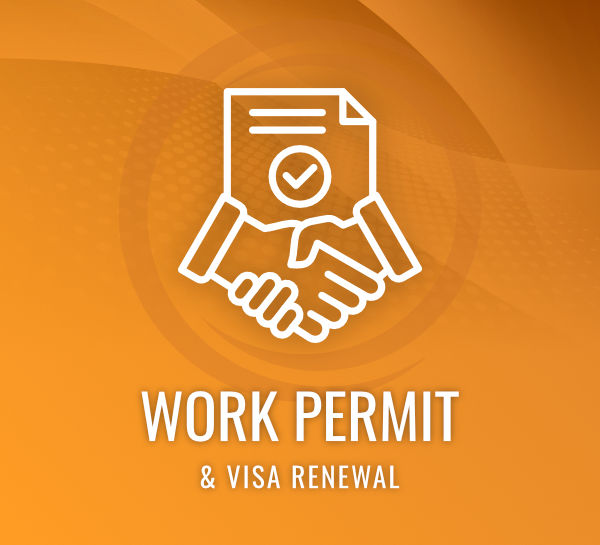Procedure for Recruiting Migrant Workers under the MOU System
The recruitment of migrant workers under the Memorandum of Understanding (MOU) system between Thailand and origin countries such as Myanmar, Laos, and Cambodia must follow legally prescribed steps to ensure compliance with labour laws and the protection of workers’ rights. The process includes the following steps:
Submission of a Demand Letter : Employers must submit a request for migrant worker recruitment at the Provincial Employment Office or the Bangkok Employment Office, depending on their business location, to obtain a quota for migrant workers.
Preparation of a Name List : Once the request is approved, employers must coordinate with the relevant authorities in the origin country to select qualified workers and compile a list of worker names.
Submission of the Name List and Work Permit Fee Payment : Employers must submit the name list and pay the two-year work permit fee at the Provincial Employment Office.
Work Visa (Non-Immigrant L-A) Application : Workers must apply for a work visa at the Royal Thai Embassy in their home country or at designated immigration checkpoints.
Training and Issuance of Work Permit : Upon arrival in Thailand, workers must undergo mandatory training at the Department of Employment’s Reception Centre and will receive an electronic work permit (E-Work Permit).
Residence Notification : Employers are legally required to report the worker’s residence to the Immigration Bureau within 15 days of the worker’s arrival in Thailand.




